Code
HCS23876
Weight
785 gm / 1.73 lbs
Size
Height
14cm (6") Width
8.5cm (3") Depth
12cm (5") Material
Copper Gold Plated
Availability
Available
Date Added
2021-04-09 04:17:18
Note : We used to sell this product 4 years ago so it may no longer be in our stock.
It is possible that we still have it with our suppliers but the price could be different from before.
Feel free to order. We will verify availability and inform you promptly.
It is possible that we still have it with our suppliers but the price could be different from before.
Feel free to order. We will verify availability and inform you promptly.

Safe Payment
We accept Paypal, Money Transfer, Bank Transfer
Confidence
Protection covers your purchase and personal data.
Worldwide Delivery
We ship Worldwide, except Russia.Shipping cost US$25.2 for upto 0.5 kgs

Hotline
Talk to help line for your question on 9841267335The Lion is one of Buddhism's most potent symbols. Traditionally, the lion is associated with regality, strength, and power. It is therefore an appropriate symbol for the Buddha who tradition has it was a royal prince. The Buddha's teachings are sometimes referred to as the 'Lion's Roar', again indicative of their strength and power.
The image on the left shows a capital from a pillar of Asoka: the Lions of Sarnath. Sarnath is where the Buddha first preached, and these lions echo his teachings to the four quarters of the world, sometimes called 'the Lion's Roar'. The wheel symbolizes Buddhist law and also Asoka's legitimacy as an enlightened ruler.
Especially in Tibetan Buddhist art, lions are often depicted on the throne the Buddha sits on, but these are Snowlions (mythical creatures), and they actually represent the eight main Bodhisattvas (students of the Buddha).
What seems a much later development is the depiction of the Buddha's eyes (especially on stupas), as is frequently seen in Nepal. They look in all four directions, representing the omniscient mind of a Buddha.
Especially in Tibetan Buddhist art, lions are often depicted on the throne the Buddha sits on, but these are Snowlions (mythical creatures), and they actually represent the eight main Bodhisattvas (students of the Buddha).
What seems a much later development is the depiction of the Buddha's eyes (especially on stupas), as is frequently seen in Nepal. They look in all four directions, representing the omniscient mind of a Buddha.


![Temple Lion And Lioness Pair, [full Fire Gold Plated]](https://handicraftseller.com/uploads/pics/product/thumb/2021/04/23876.jpg)
![Temple Lion And Lioness Pair, [full Fire Gold Plated]](https://handicraftseller.com/uploads/pics/product/thumb/2021/04/23876_0.jpg)
![Temple Lion And Lioness Pair, [full Fire Gold Plated]](https://handicraftseller.com/uploads/pics/product/thumb/2021/04/23876_1.jpg)
![Temple Lion And Lioness Pair, [full Fire Gold Plated]](https://handicraftseller.com/uploads/pics/product/thumb/2021/04/23876_2.jpg)
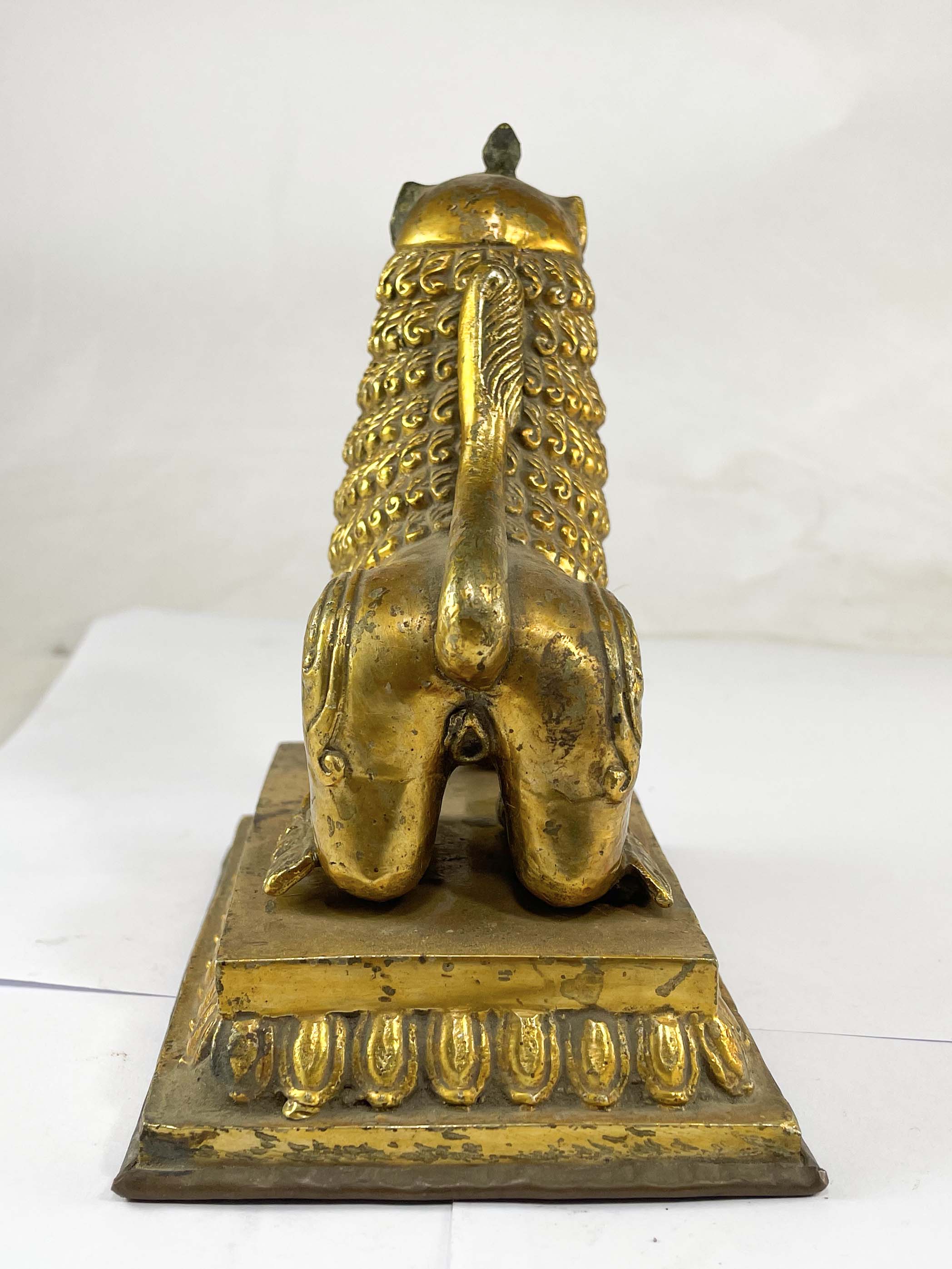
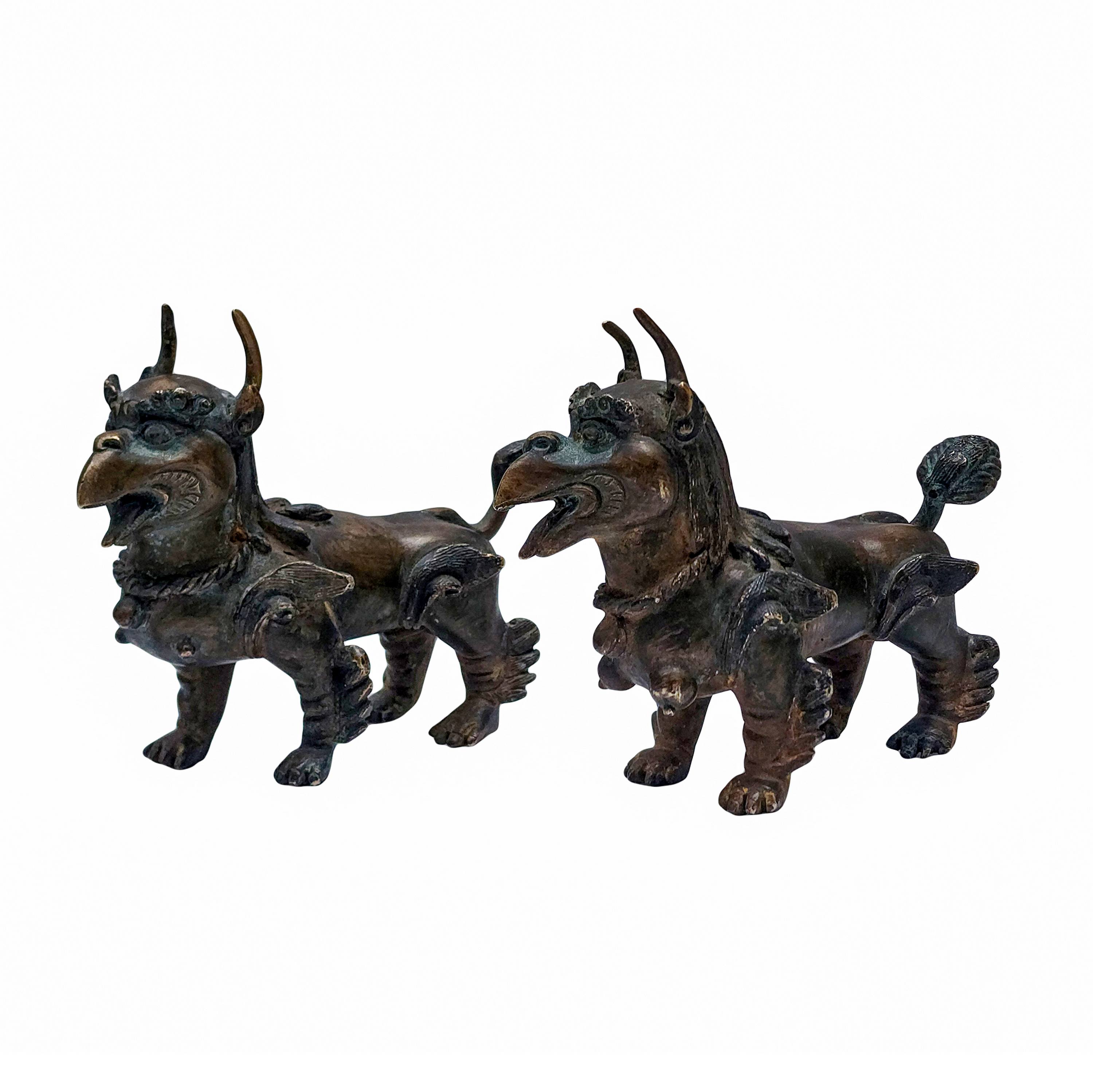 of
of 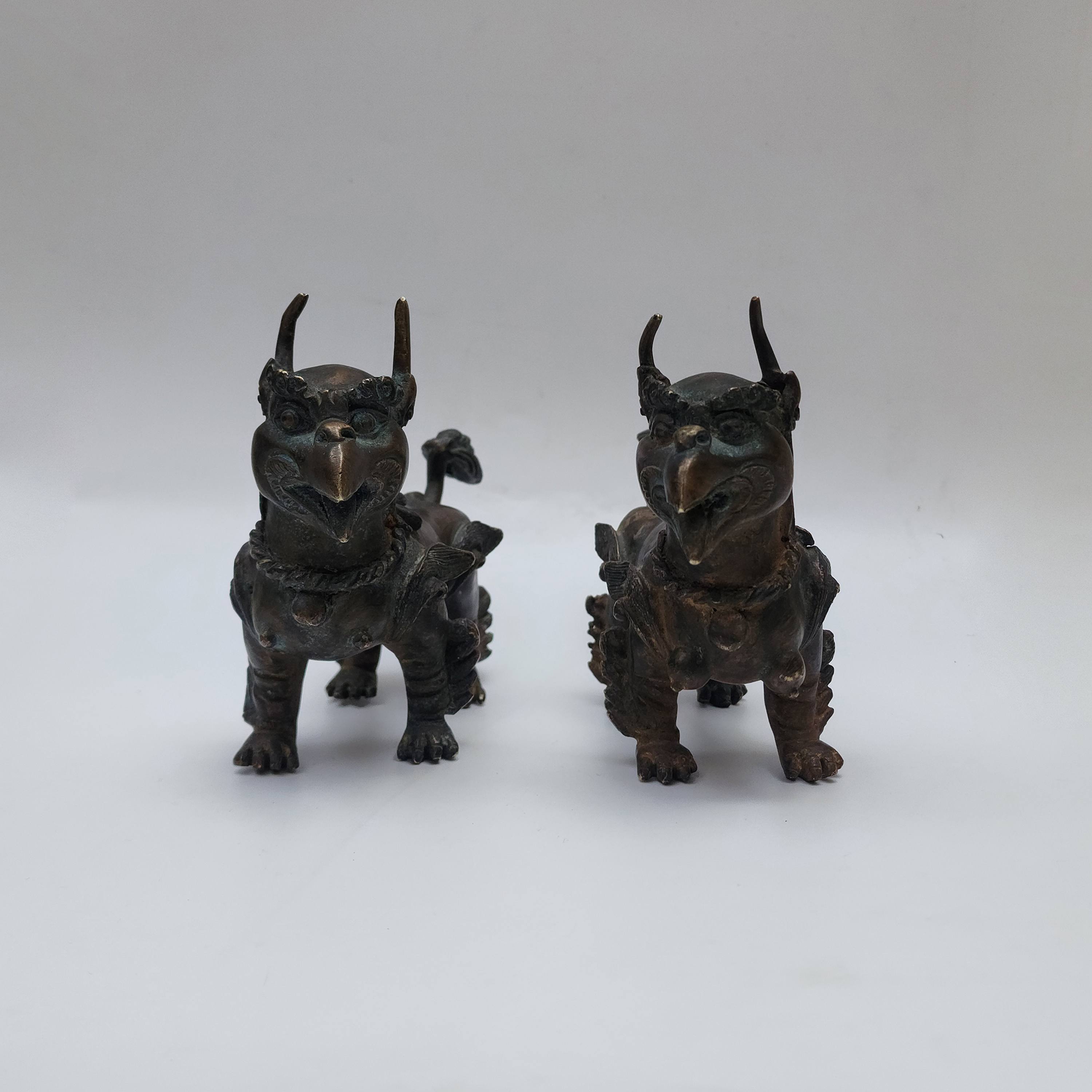 of
of 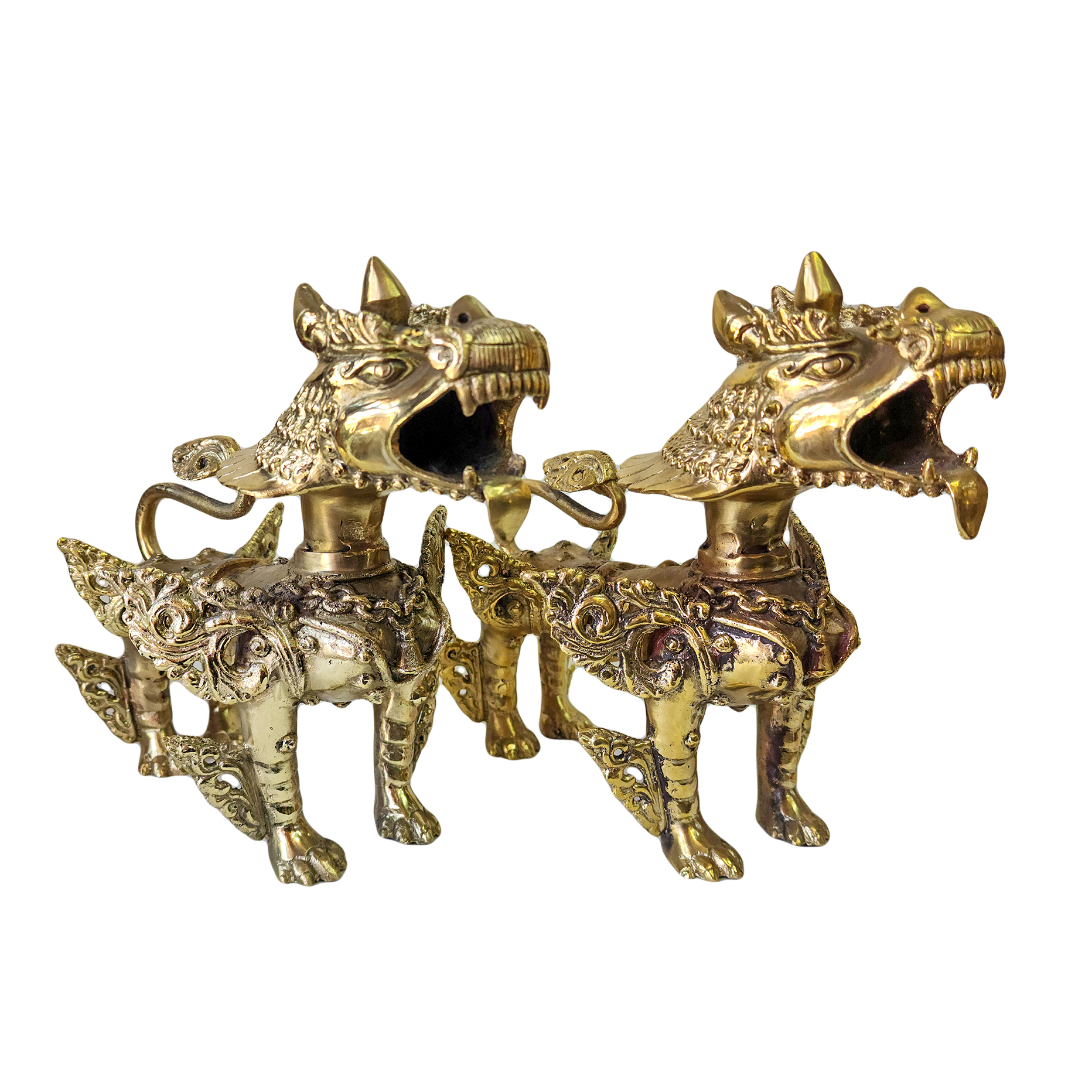 of
of 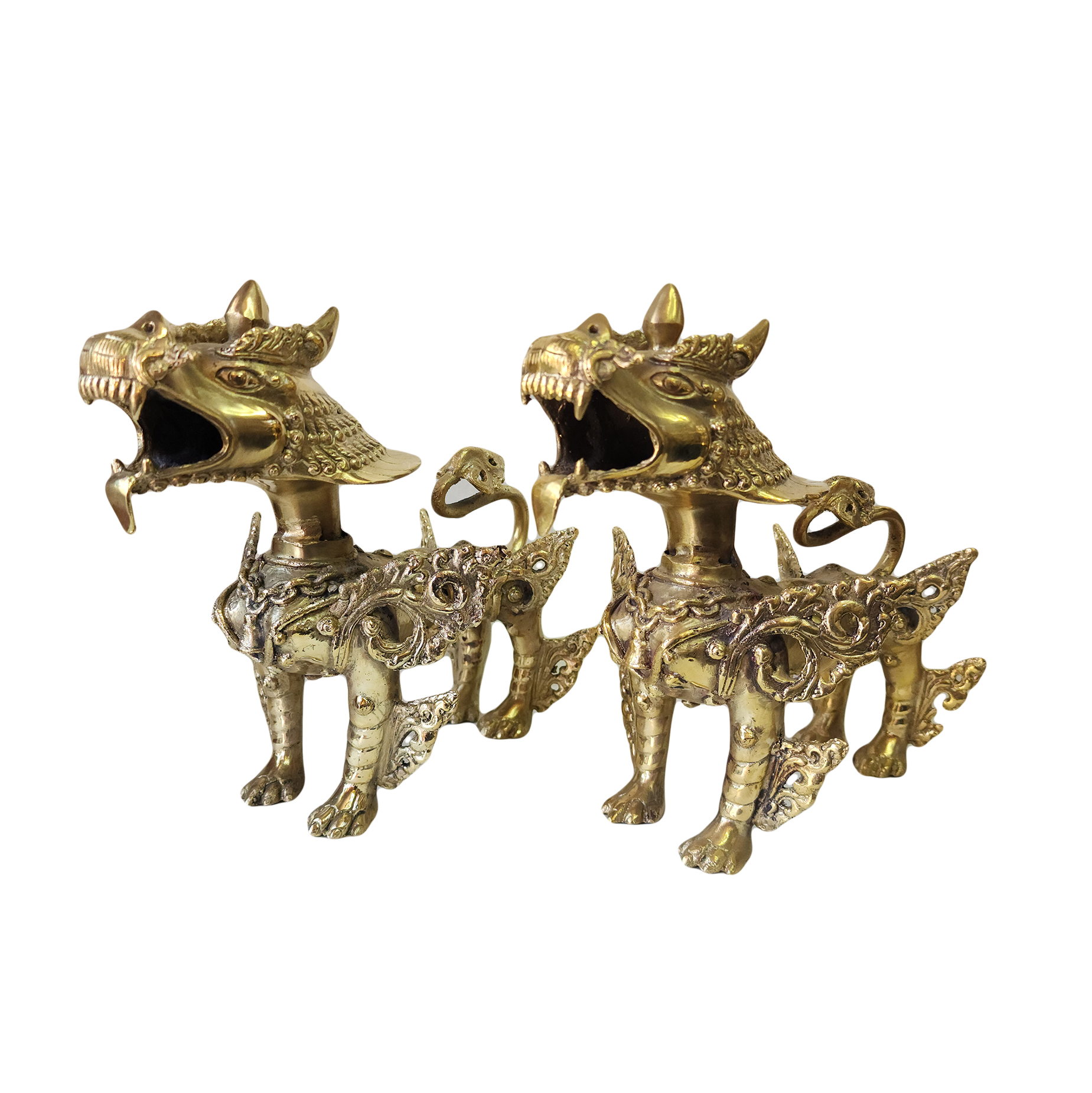 of
of 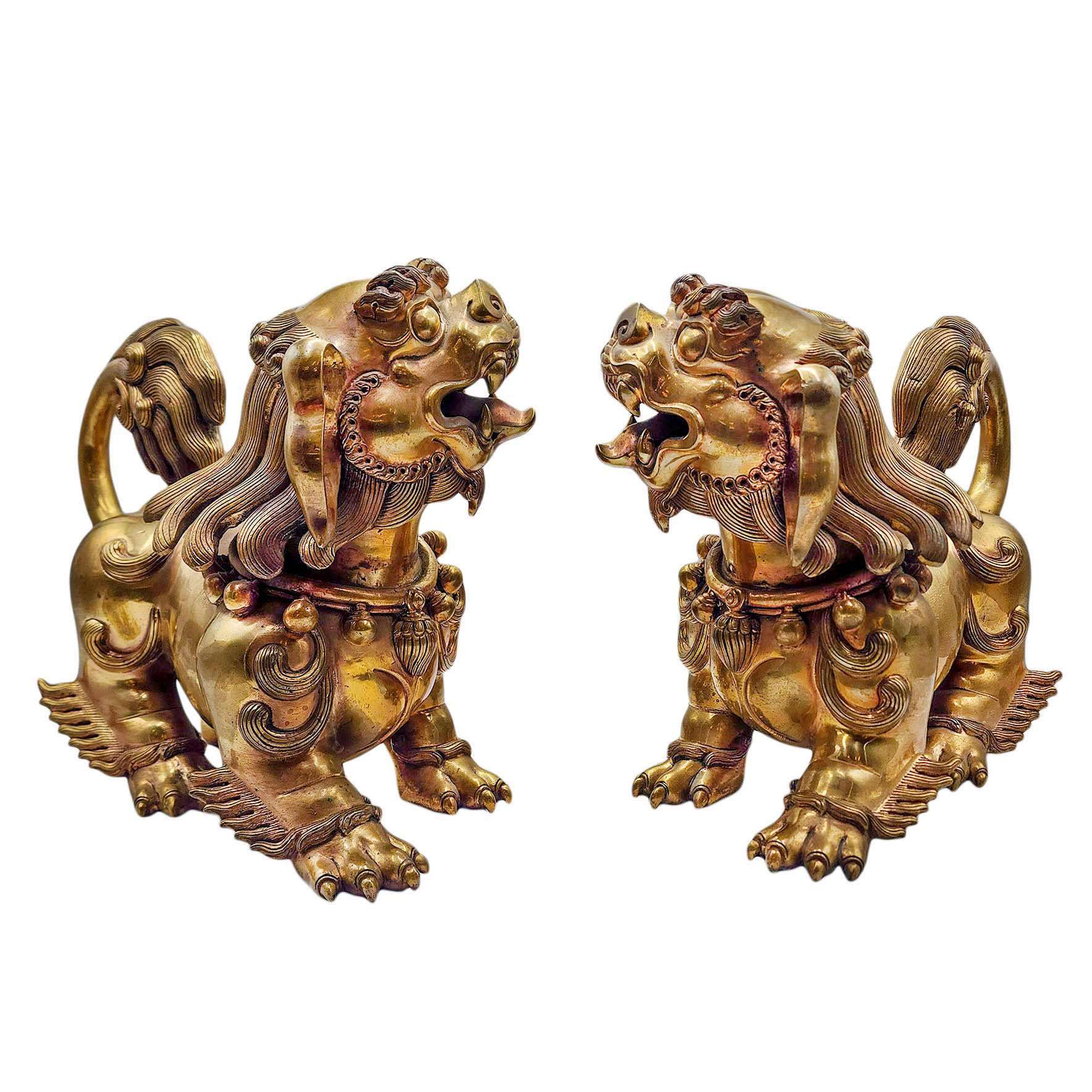 Temple Snow Lion Pair, Buddhist Statue,
Temple Snow Lion Pair, Buddhist Statue, 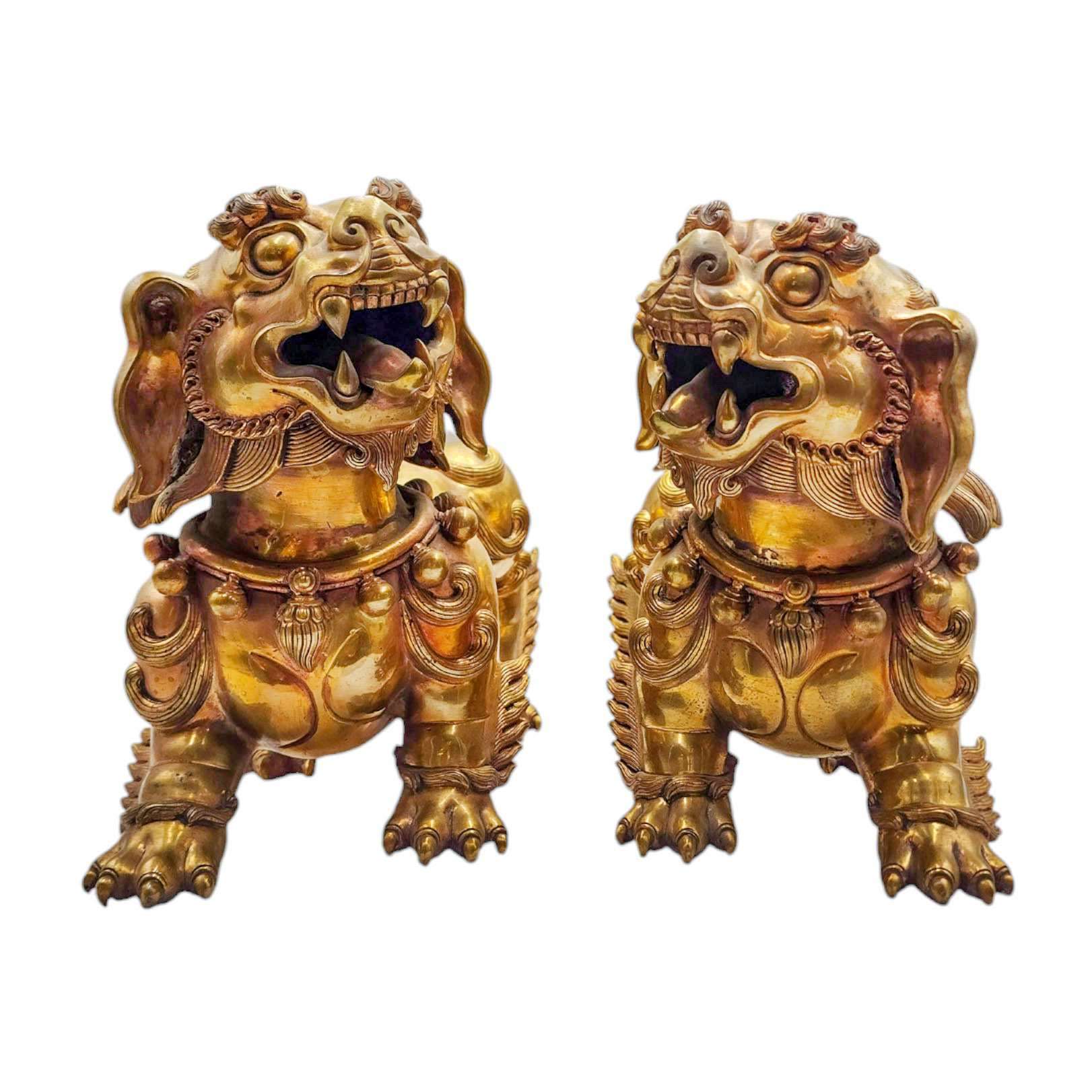 Temple Snow Lion Pair, Buddhist Statue,
Temple Snow Lion Pair, Buddhist Statue, 
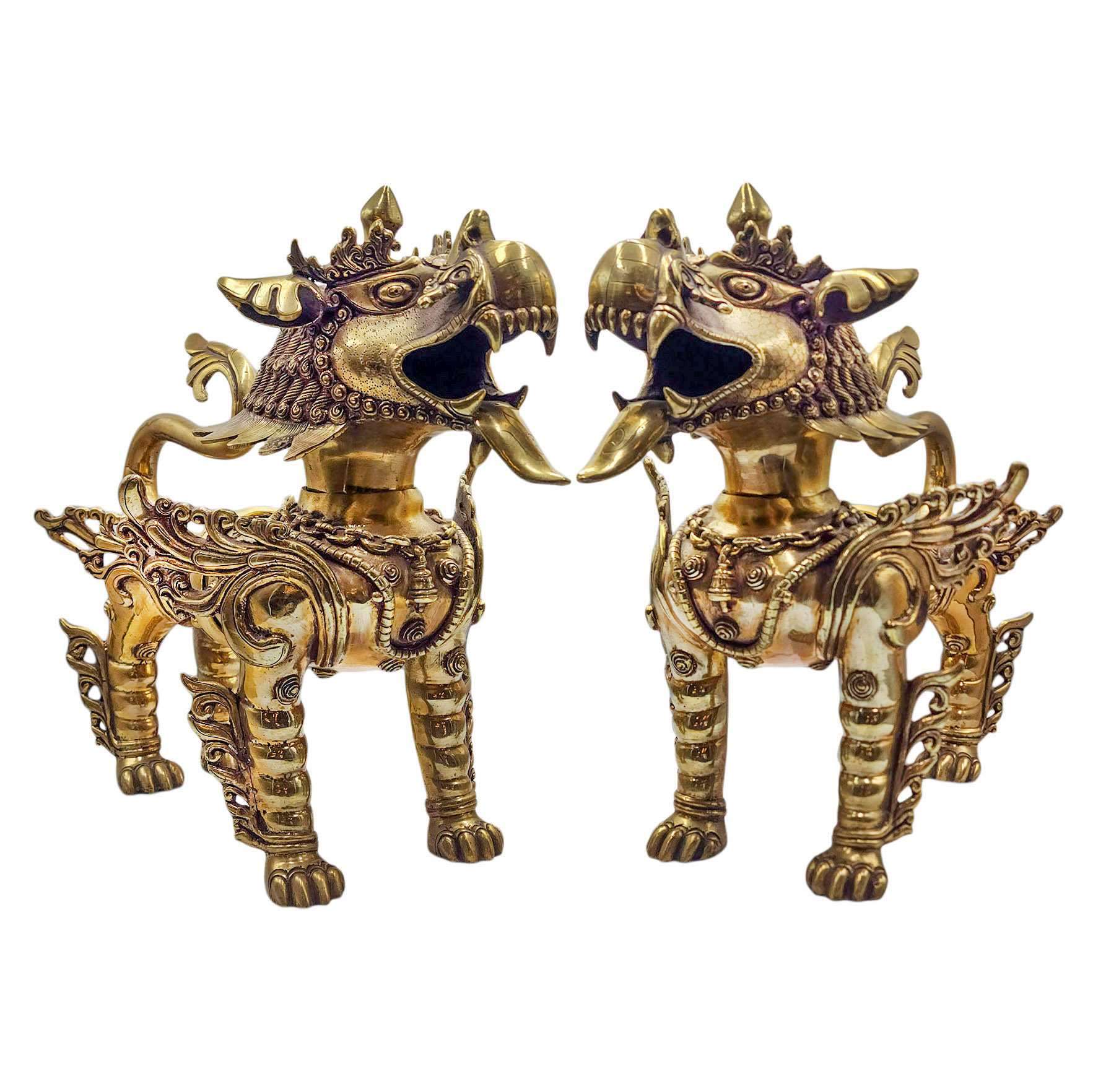 Temple Lion Pair, Buddhist Statue,
Temple Lion Pair, Buddhist Statue, 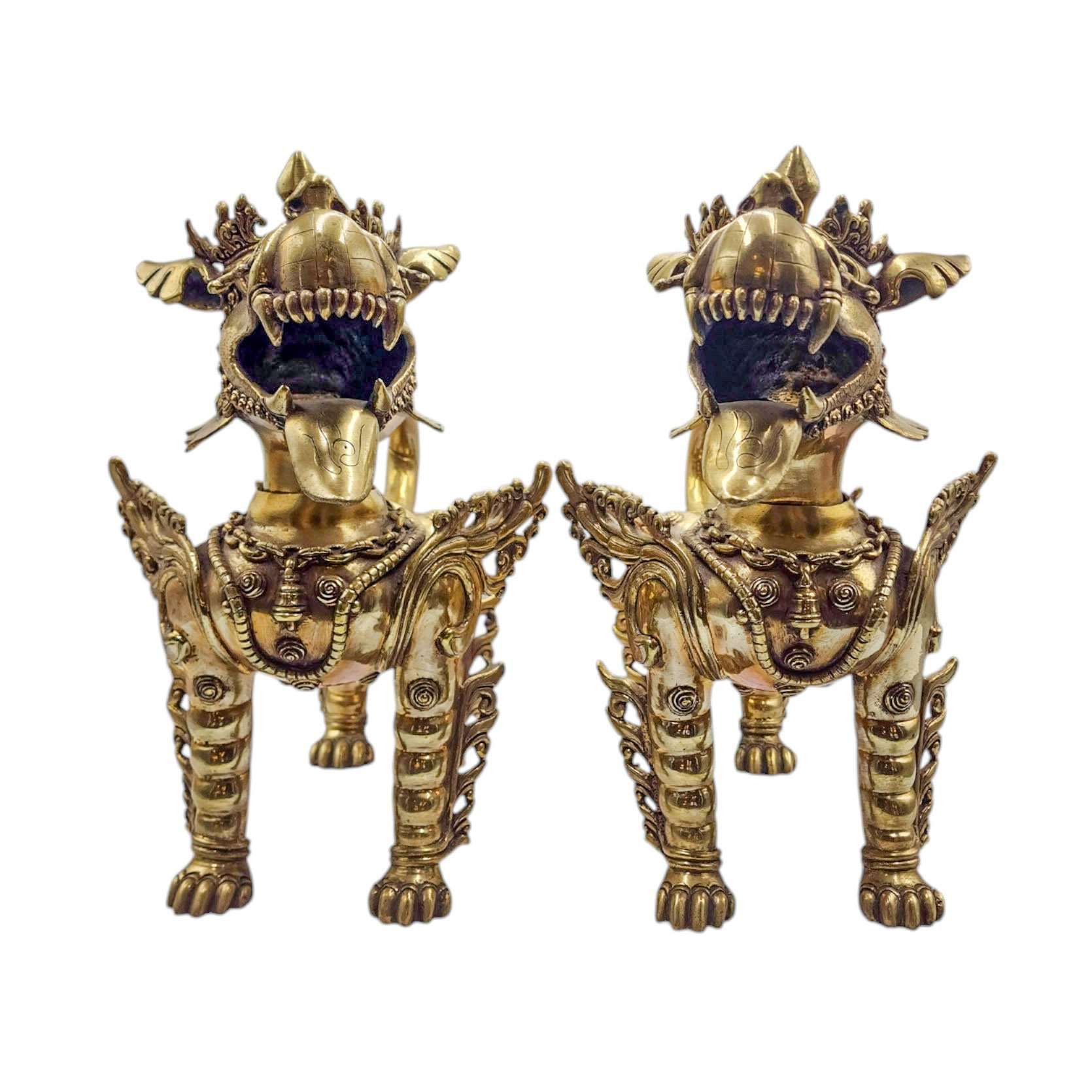 Temple Lion Pair, Buddhist Statue,
Temple Lion Pair, Buddhist Statue,  Temple Lion Pair, Buddhist Statue,
Temple Lion Pair, Buddhist Statue, 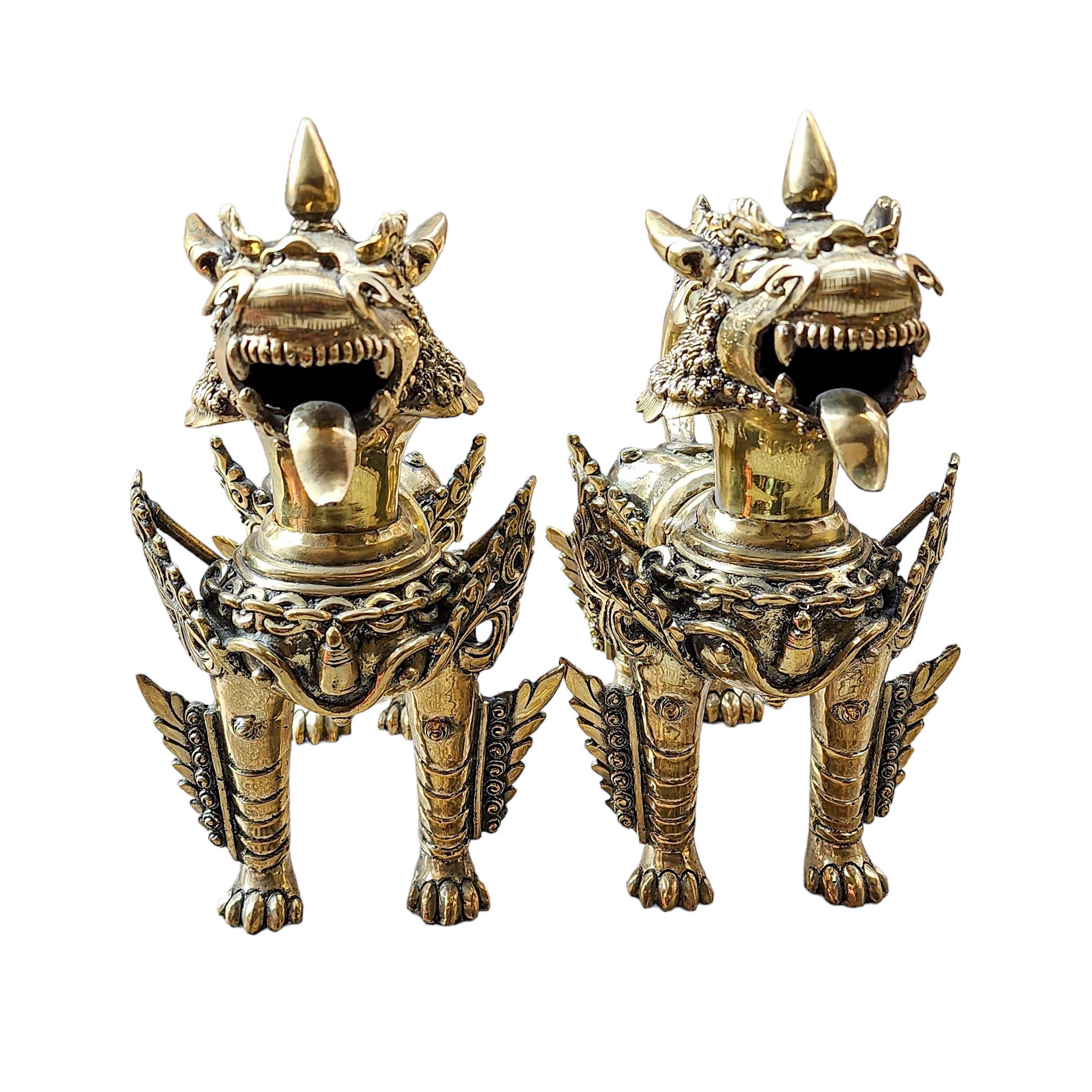 Temple Lion Pair, Buddhist Statue,
Temple Lion Pair, Buddhist Statue, 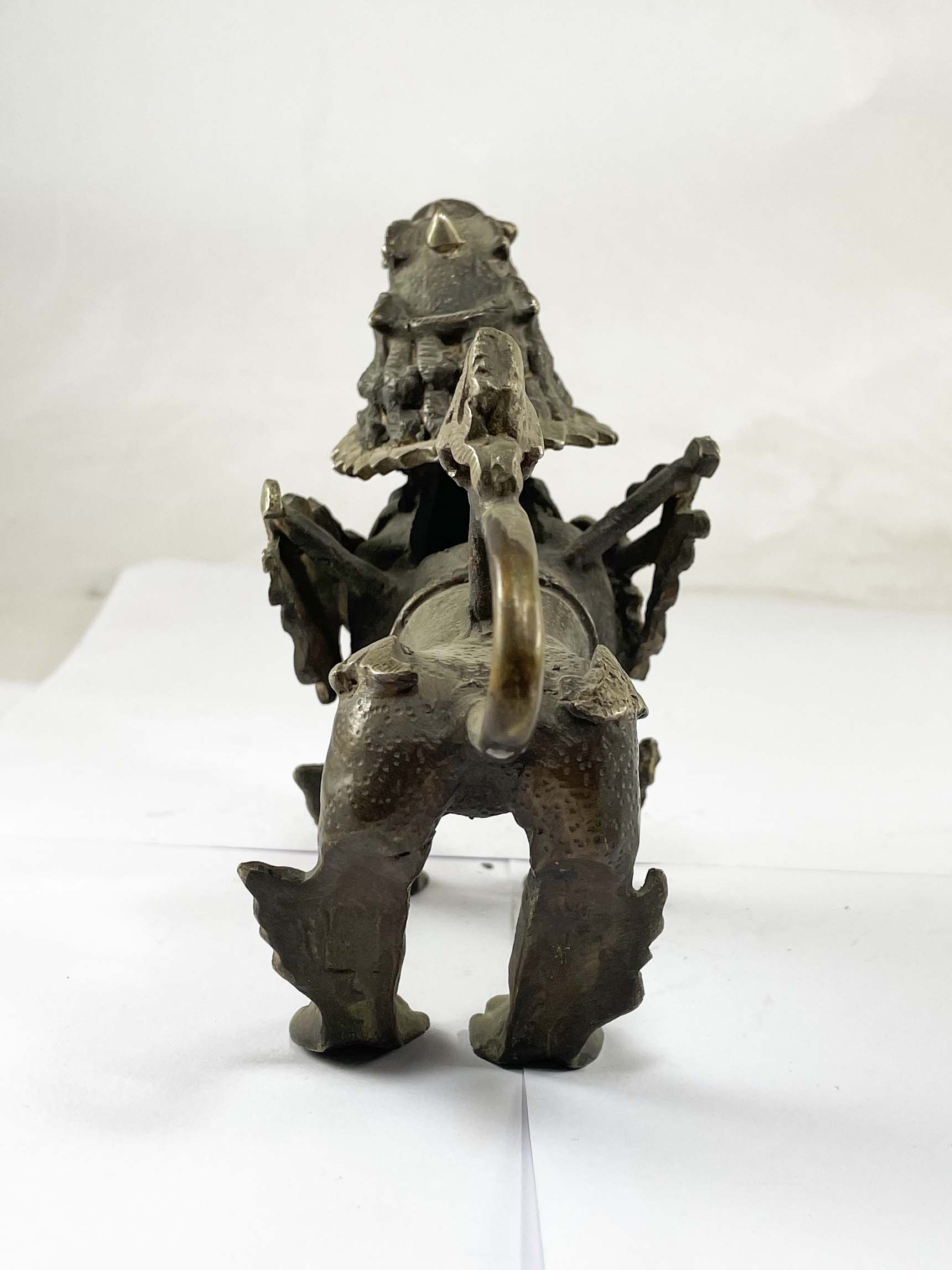 and Lioness Pair" title="Temple Lion
and Lioness Pair" title="Temple Lion 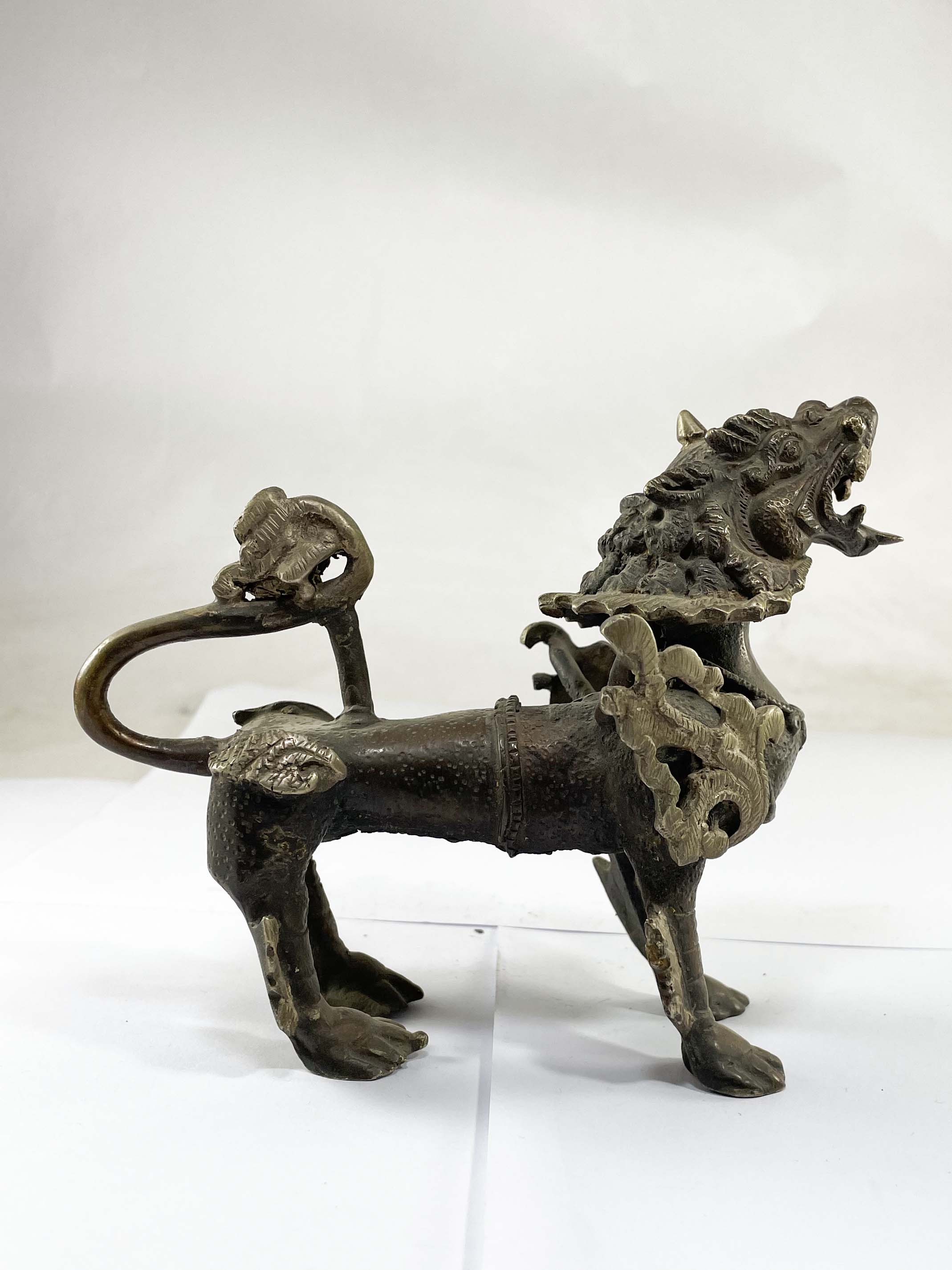 and Lioness Pair" title="Temple Lion
and Lioness Pair" title="Temple Lion 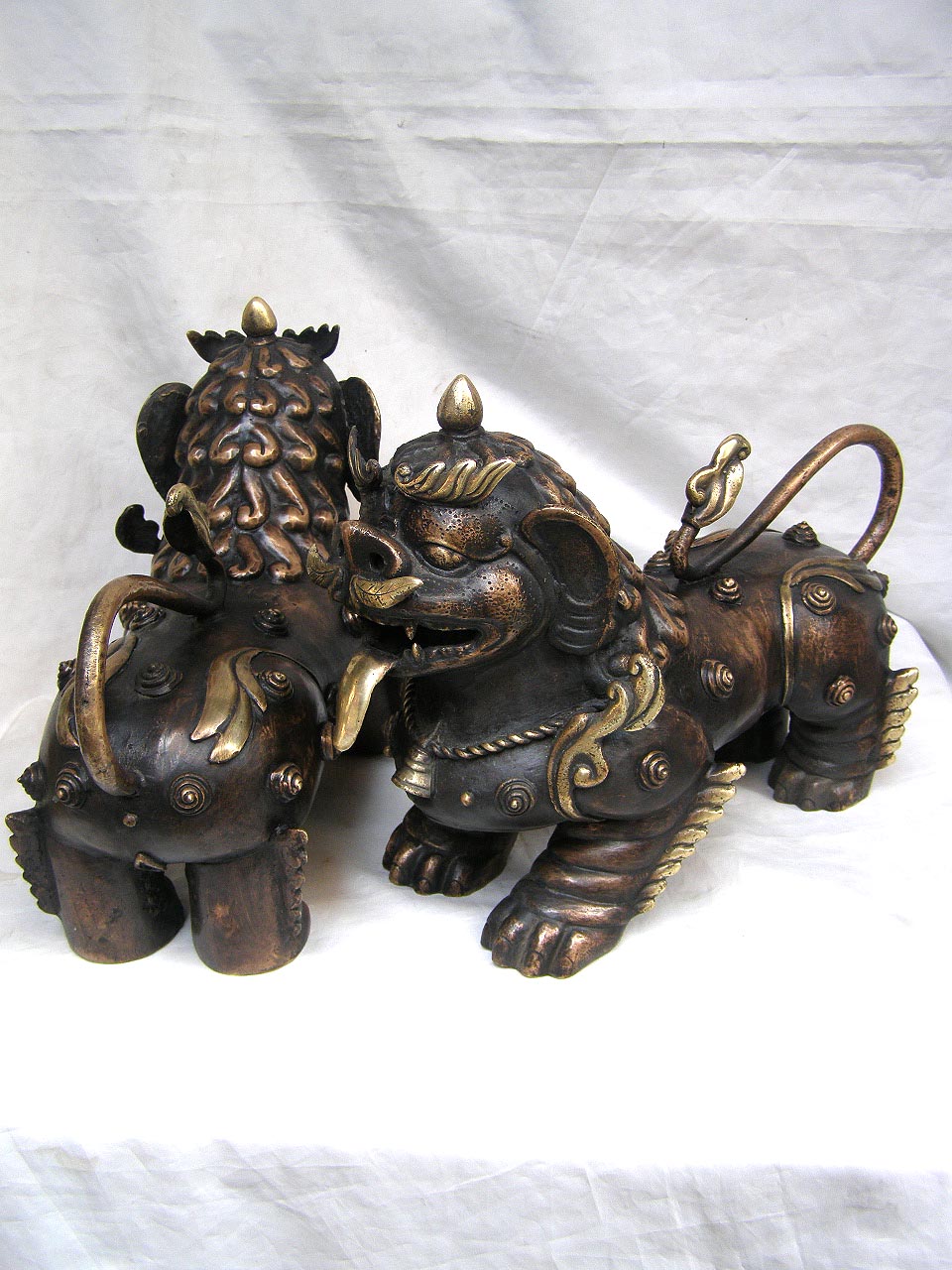 Black Oxidized" title="Temple Lions Statue,
Black Oxidized" title="Temple Lions Statue, 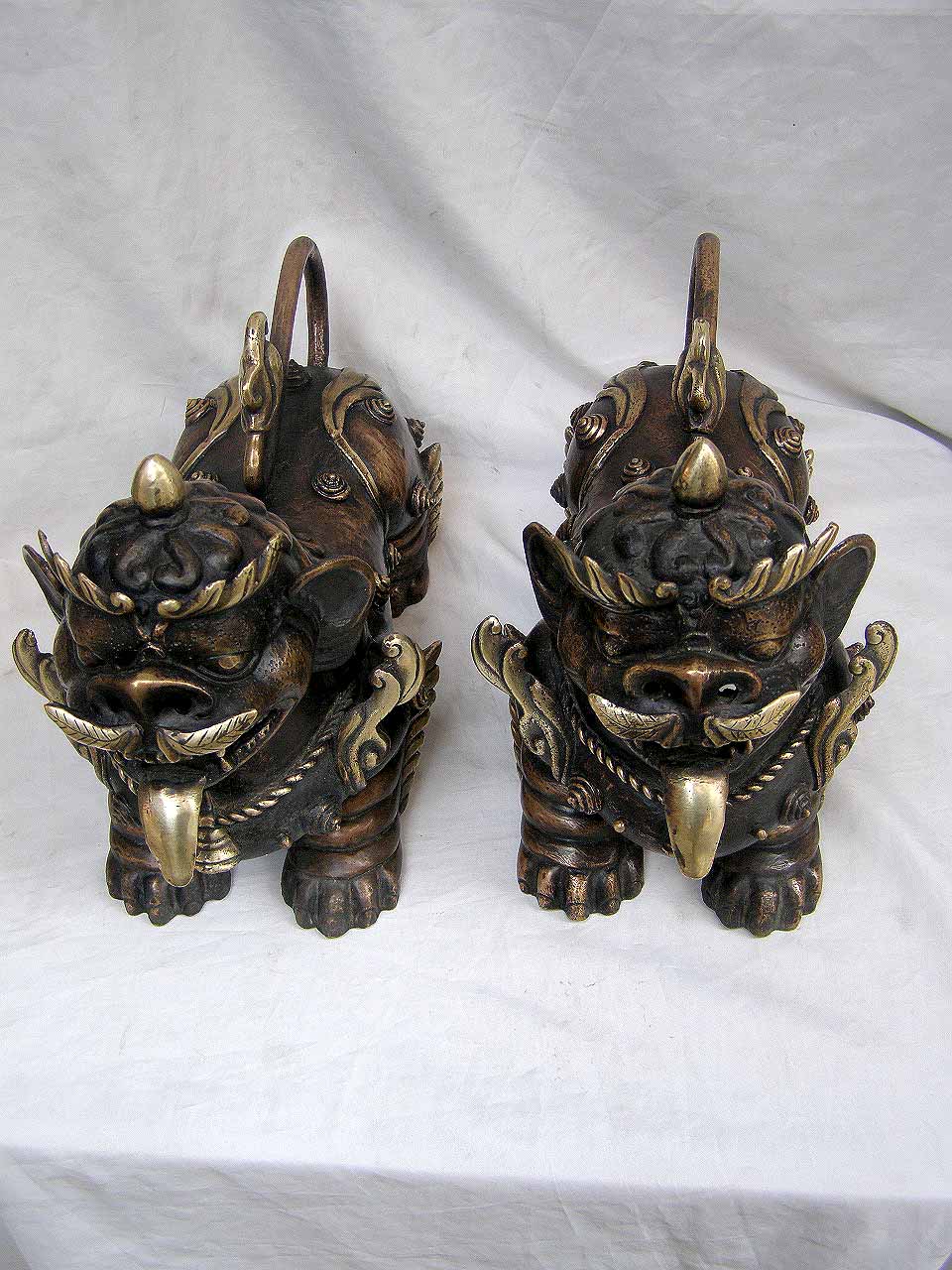 Black Oxidized" title="Temple Lions Statue,
Black Oxidized" title="Temple Lions Statue,  of Temple Lion,
of Temple Lion, 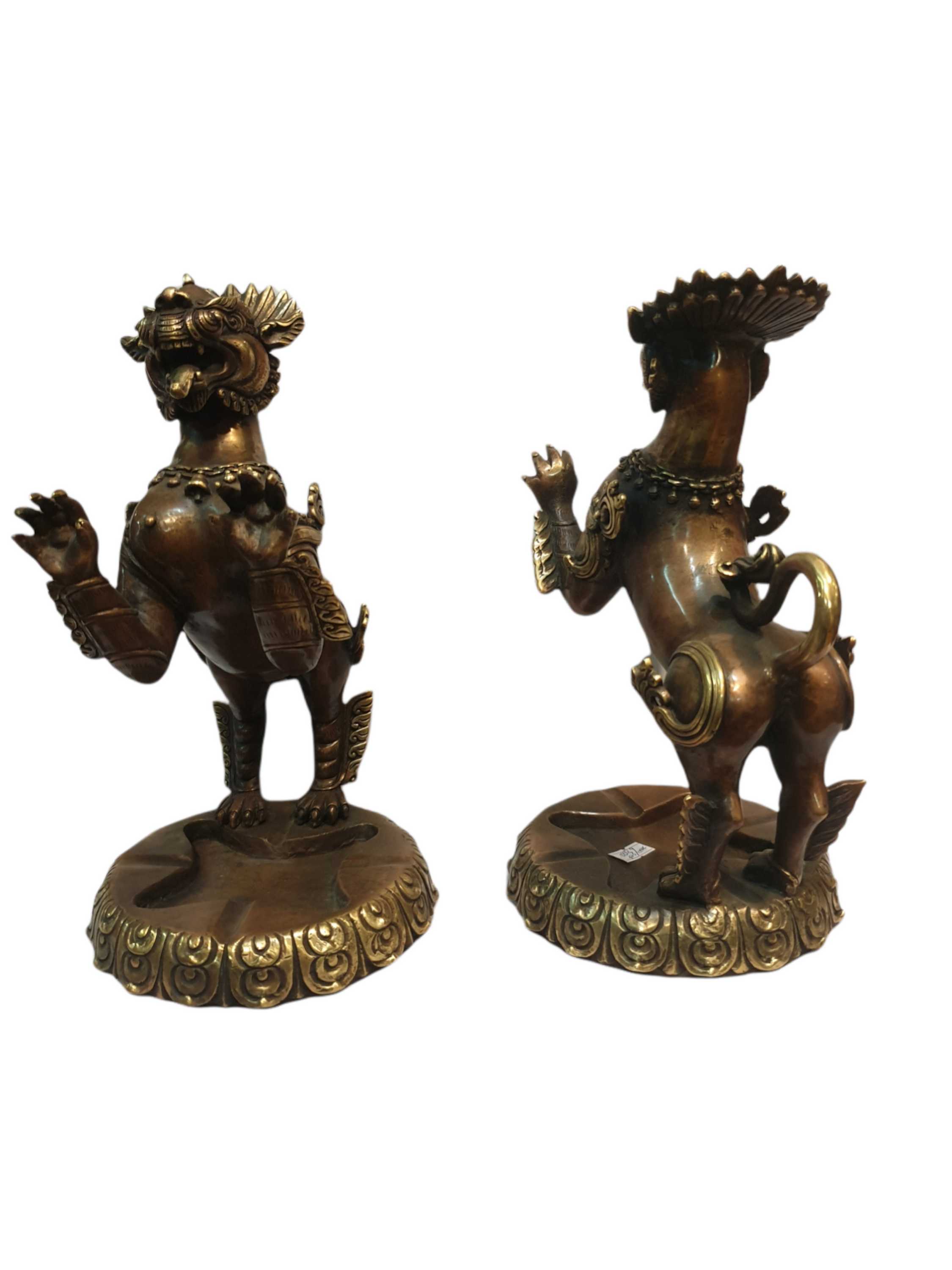 of Temple Lion,
of Temple Lion, 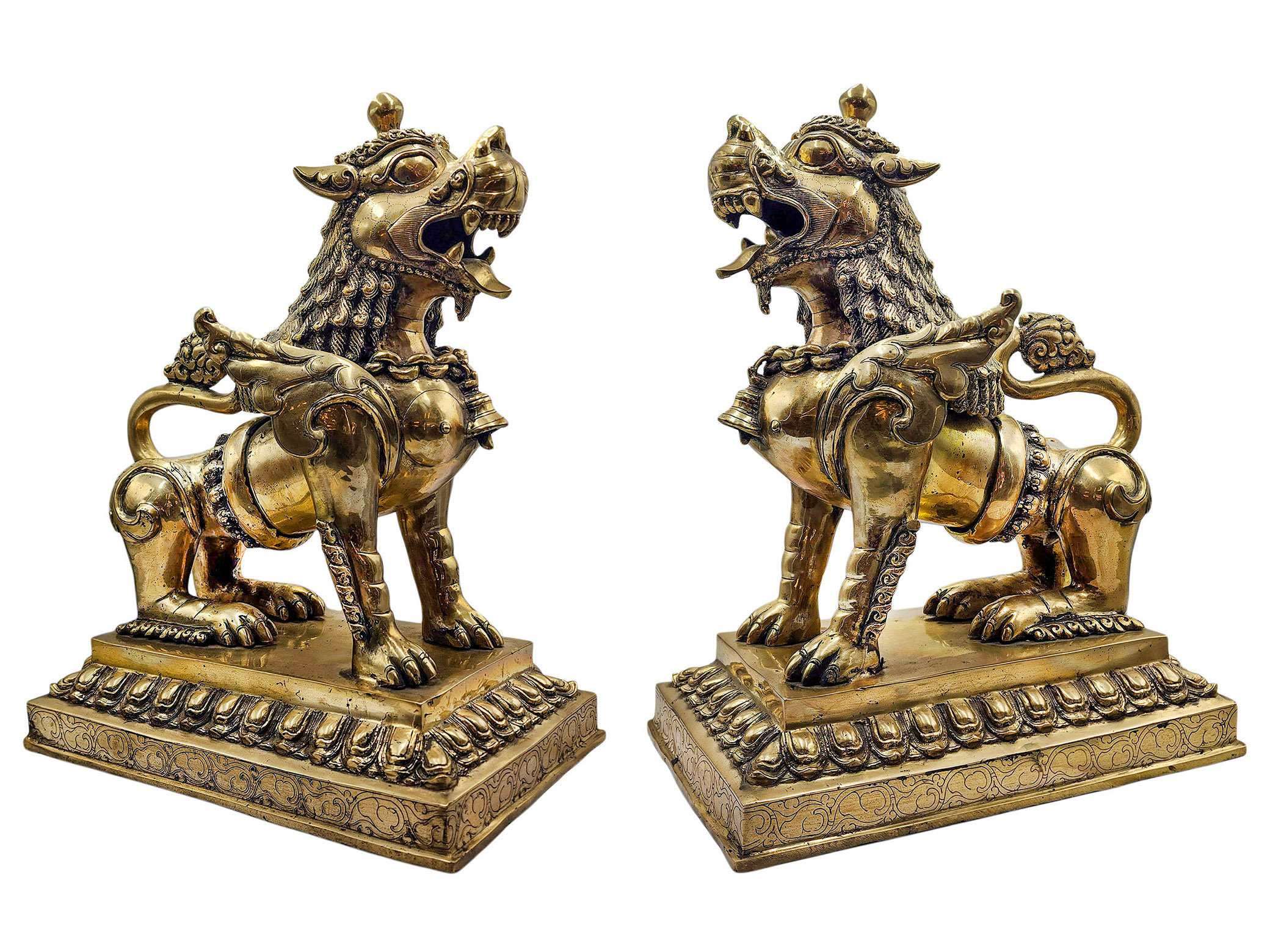 Temple Lion Pair, Buddhist Statue,
Temple Lion Pair, Buddhist Statue, 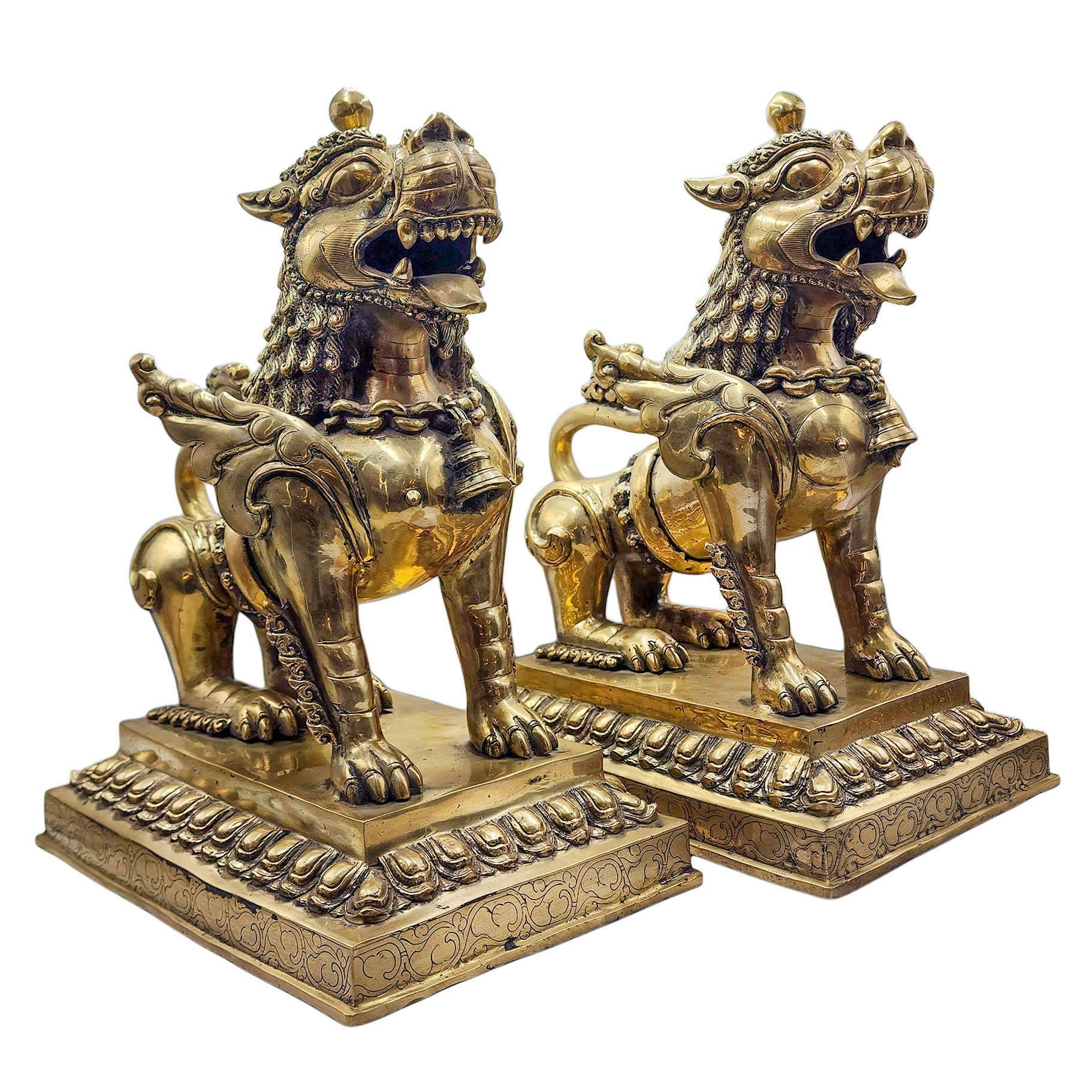 Temple Lion Pair, Buddhist Statue,
Temple Lion Pair, Buddhist Statue,